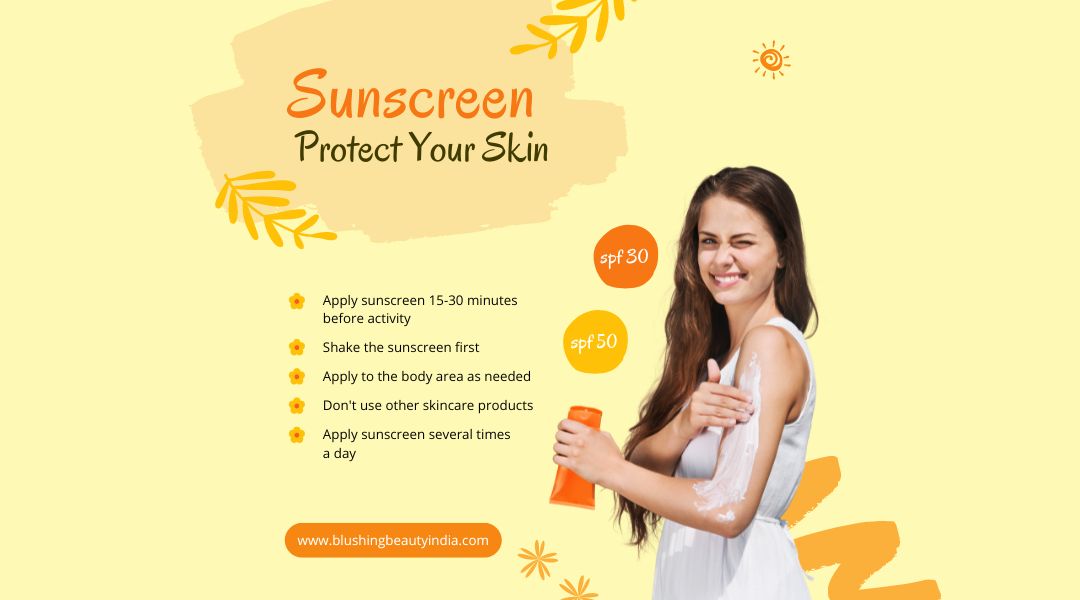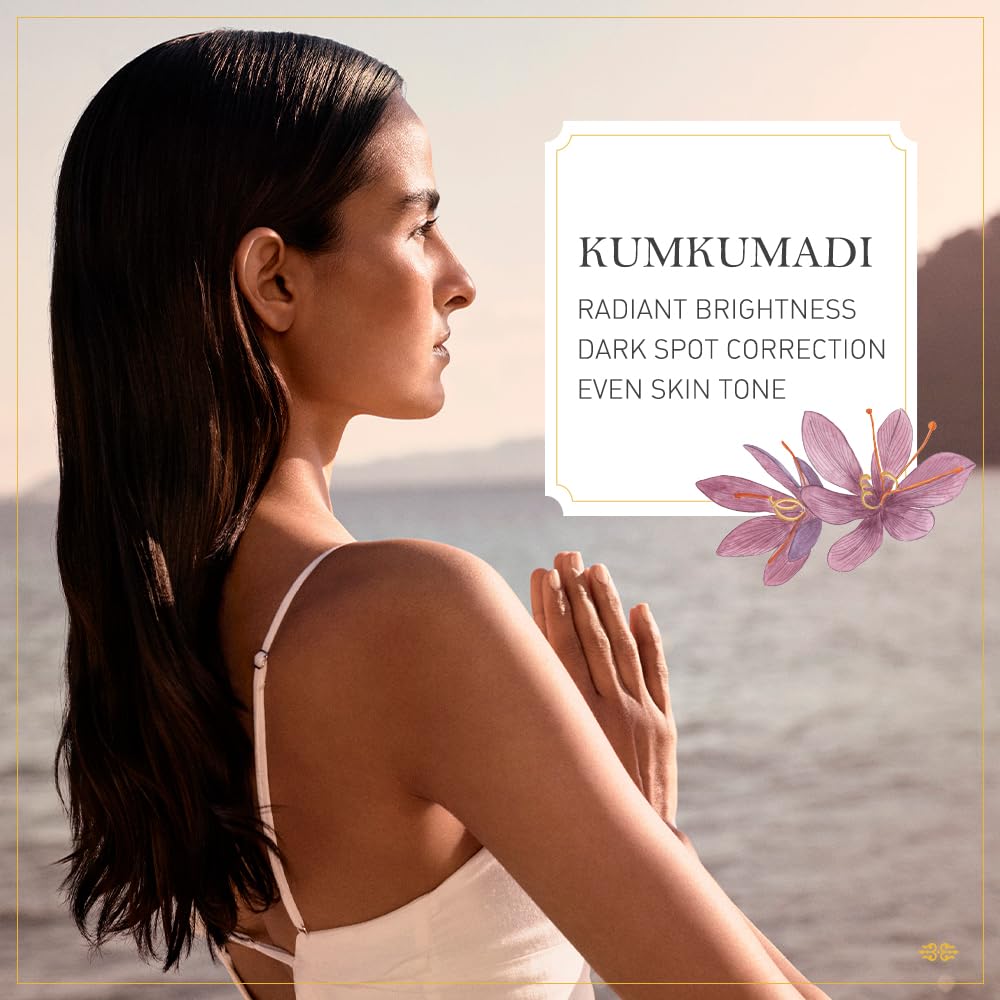The Ultimate Guide to Sunscreen Protecting our skin from the sun’s harmful rays is crucial, but choosing the right sunscreen can be overwhelming. With so many options available, how do you know which one to choose? In this ultimate guide to sunscreen, we’ll go over everything you need to know to pick the best sunscreen for your skin type and lifestyle .
1. The Importance of Sunscreen
- Are you one of those people who only wear sunscreen at the beach or on vacation? If so, it’s time to rethink your habits. Sunscreen is an essential part of any skincare routine and should be worn every day, regardless of the season. In this article, we’ll explore the importance of sunscreen and how it can help protect your skin from the harmful effects of the sun.
2. Understanding SPF and PA+
- SPF (Sun Protection Factor) and PA+ (Protection Grade of UVA) are two important terms to know when choosing a sunscreen. SPF measures the level of protection a sunscreen provides against UVB rays, which are responsible for causing sunburn. The higher the SPF number, the more protection a sunscreen provides against UVB rays.
- PA+, on the other hand, measures the level of protection a sunscreen provides against UVA rays, which are responsible for causing skin damage and premature ageing. PA+ is measured on a scale of + to +++, with a higher number indicating more protection against UVA rays.
- It’s important to choose a sunscreen that offers both broad-spectrum protection (protection against both UVA and UVB rays) and a high SPF and PA+ rating to ensure you’re getting the best possible protection.
3. Different Types of Sunscreen
- There are two main types of sunscreen: chemical and physical. Chemical sunscreens work by absorbing UV rays and converting them into heat, while physical sunscreens (also known as mineral sunscreens) work by reflecting UV rays away from the skin.
- Chemical sunscreens tend to be more lightweight and easier to apply, but can sometimes cause skin irritation. Physical sunscreens are thicker and can leave a white cast on the skin, but are generally considered to be gentler and less likely to cause irritation.
4. Chemical Sunscreens vs. Physical Sunscreens
- Chemical and physical sunscreens both have their pros and cons. Chemical sunscreens are typically easier to apply and blend into the skin more easily, but they can cause skin irritation for some people.
- Physical sunscreens, on the other hand, are generally considered to be gentler on the skin but can leave a white cast and may be more difficult to apply.
- Ultimately, the type of sunscreen you choose will depend on your personal preference and skin type. It’s a good idea to try both types of sunscreen to see which one works best for you.
5. Water-Resistant vs. Water-Repellent Sunscreens
- Water-resistant and water-repellent sunscreens are designed to stay on the skin even when you’re in the water. Water-resistant sunscreens can maintain their SPF rating for up to 40 minutes in the water, while water-repellent sunscreens can maintain their SPF rating for up to 80 minutes in the water.
- If you’re planning on spending time in the water, it’s important to choose a sunscreen that is labelled as water-resistant or water-repellent to ensure you’re getting the best possible protection.
6. Choosing the Right Sunscreen for Your Skin Type
- When choosing sunscreen, it’s important to consider your skin type. If you have oily or acne-prone skin, you may want to choose a lightweight, non-comedogenic sunscreen that won’t clog your pores. If you have dry skin, you may want to choose a more moisturizing sunscreen to help keep your skin hydrated.
- Sensitive skin may require a gentler, fragrance-free sunscreen to avoid irritation. It’s important to read the labels carefully and choose a sunscreen that is formulated for your specific skin type.
7. Choosing the Right Sunscreen for Your Lifestyle
- Consider your lifestyle when choosing sunscreen. If you’re active or spend a lot of time outdoors, choose a water-resistant sunscreen with a high SPF.
- If you wear makeup, look for a sunscreen that can be worn under makeup or choose a makeup product that contains SPF.
8. How Much Sunscreen Should You Use?
- One of the biggest mistakes people make when it comes to sunscreen is not using enough of it. So, how much sunscreen should you use? The American Academy of Dermatology (AAD) recommends using at least one ounce of sunscreen, which is about the amount that would fit in a shot glass.
- It’s important to note that this amount should be applied to your entire body, not just your face. If you’re not sure if you’re using enough sunscreen, a good rule of thumb is to apply it until you can no longer see your skin through the sunscreen.
9. When and How Often Should You Apply Sunscreen?
- To ensure that your sunscreen is effective, you need to apply it at the right time and at the right frequency. Here are some tips to help you get the most out of your sunscreen:
- Apply sunscreen at least 15 minutes before going outside to give it time to absorb into your skin.
Reapply sunscreen every two hours, or immediately after swimming or sweating.
If you’re using a spray sunscreen, be sure to apply it generously and rub it in to ensure even coverage.
10 . Applying Sunscreen Properly
- In addition to using enough sunscreen and applying it at the right time, it’s also important to apply sunscreen properly. Here are some tips to help you do just that.
- Start with a clean, dry face and body. Apply sunscreen to all exposed areas, including your face, neck, ears, and hands.
- Be sure to apply sunscreen to hard-to-reach areas like your back and the back of your neck. Rub sunscreen in until it is no longer visible. Don’t forget to apply sunscreen to your lips using a lip balm with SPF.
11. How to Reapply Sunscreen Throughout the Day
- Reapplying sunscreen throughout the day is crucial to ensure that you’re protected from the sun’s harmful rays. Here are some tips to help you reapply sunscreen properly:
- Keep a travel-sized bottle of sunscreen with you at all times. Set an alarm on your phone to remind you to reapply sunscreen every two hours. Use powdered sunscreen to touch up your face throughout the day without messing up your makeup.
12. Sunscreen for Babies and Children
- Babies and children have sensitive skin that can easily be damaged by the sun’s harmful rays. Here are some tips to help protect your little ones.
- Keep babies under six months old out of direct sunlight. Dress children in long-sleeved shirts and pants to provide additional protection.
- Use sunscreen with an SPF of at least 30 on children older than six months.
Apply sunscreen to all exposed areas, including the tops of their ears and their feet.
13. Common Myths About Sunscreen
- There are many myths surrounding sunscreen, which can make it difficult to know what’s true and what’s not. Here are some common myths about sunscreen debunked:
- Myth: You only need to wear sunscreen on sunny days. Truth: The sun’s harmful rays can penetrate clouds, so it’s important to wear sunscreen even on cloudy days.
- Myth: If you have dark skin, you don’t need to wear sunscreen. Truth: Everyone, regardless of skin tone, should wear sunscreen.
- Myth: Sunscreen is only necessary when you’re going to the beach or spending time outside for Sunscreen safety tips To ensure sunscreen safety, it’s important to follow these tips.
- Check the expiration date before using sunscreen. Avoid using sunscreen that has changed colour or consistency.
- Don’t store sunscreen in hot or humid areas, such as the car or the beach bag. Avoid using sunscreen on infants under six months of age.
- Don’t use expired sunscreen or sunscreen that has been stored improperly.
14. How to store sunscreen properly?
- Store in a cool, dry place: Sunscreen should be kept away from direct sunlight and heat sources, as exposure to high temperatures can degrade the active ingredients in the product.
- Check the expiration date: Be sure to check the expiration date on your sunscreen before using it, as expired sunscreen may not provide adequate protection and can even cause skin irritation.
- Don’t shake the bottle: Avoid shaking the bottle, as this can introduce air into the product and cause it to break down more quickly.
- Keep the lid tightly closed: Always make sure the lid is tightly closed when not in use, as exposure to air can also cause the product to break down over time.
- Don’t freeze sunscreen: Freezing sunscreen can cause it to separate or become less effective, so be sure to avoid storing it in the freezer.
- By following these tips, you can help ensure that your sunscreen stays effective and provides the protection you need when spending time outdoors.
How Long Does Sunscreen Last?
Most sunscreens have a shelf life of 2-3 years, but the exact duration can vary depending on the product’s formulation and packaging. Some sunscreens may last longer, while others may expire sooner. It’s essential to check the expiration date on the packaging to ensure that the product is still effective.
You may Also Like – 10 Best Sunscreen In India 2023 For All Skin Types





